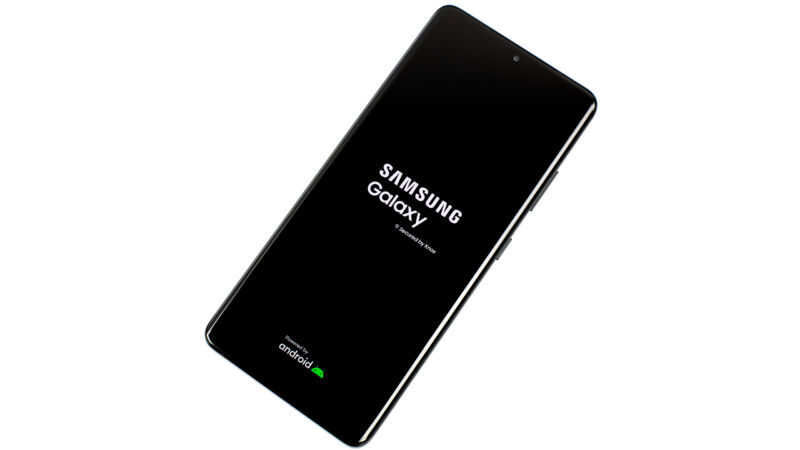
Samsung says it will cut down on the ads it shows on its smartphones. The announcement was first reported by Korean news agency Yonhap and was later confirmed by Samsung in a statement to The Verge. The official line from the industry giant is “Samsung has made a decision to cease the advertisement on proprietary apps, including Samsung Weather, Samsung Pay, and Samsung Theme.” The company added, “The update will be ready by later this year.”
Samsung ships Android on all its smartphones, but it changes the experience with a “One UI” skin and includes several Samsung-developed packed-in apps. Many of these apps—like Bixby, Samsung Health, and Weather—contain big banner ads, sometimes right at the top of the app, where you would normally expect to find an app logo or navigation information. The worst offenders are notification ads—a Samsung app will spawn a notification to entice you to buy a new gadget or install a new app.
It’s not a great feeling to spend anywhere from hundreds to thousands of dollars on a piece of hardware and still get ads on that device. (And for you whataboutists out there—yes, Google also shows ads in some of its apps, but they are in serious, ad-supported web services, like YouTube or Google Maps, and they aren’t notification ads. You also paid Samsung ~$1000, while you’re using Google services for free.)
This is definitely a “we’ll believe it when we see it” report. Samsung currently hides ads in a lot of places that wouldn’t be covered by its statement. The company said it made this change in response to consumer feedback, though, and since the feedback is mainly “stop showing ads,” this change should cover the entire OS package.
Removing ads would certainly help the appeal of Samsung’s software. In the smartphone market, Google and Apple both ship relatively cohesive software offerings on their phones, but because Samsung includes all the Google apps plus all the Samsung apps, you end up with two app stores, two browsers, and two of everything else. Along with the ads, it’s a very messy package.
A “later this year” launch date would mean that the first new ad-free Samsung phone will be the Galaxy S22.
https://arstechnica.com/?p=1788148

